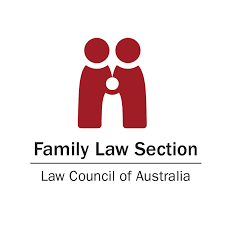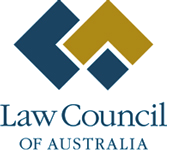30 June 2025
Financial Contributions
In family law, financial contributions—particularly gifts from third parties—can significantly influence the outcome of property settlements. The recent decision in Yeng & Sun [2025] FedCFamC1A 106 underscores just how critical it is to seek proper legal advice and clearly document the nature of financial support from family members.
The Case in Brief
In Yeng & Sun, the Federal Circuit and Family Court of Australia (Division 1) Appellate Jurisdiction was asked to review a property settlement where the trial judge had divided a property pool of approximately $18 million equally between the parties. One of the central issues on appeal was the treatment of a $5 million contribution from the husband’s mother during the marriage.
The trial judge had treated the $5 million as a joint contribution made on behalf of both spouses. However, on appeal, the court found that there was no evidence to support the view that the mother intended the money to benefit both parties. In the absence of documentation or testimony supporting a joint gift, it was unreasonable to treat the sum as a shared contribution.
The Full Court allowed the appeal, finding that the judge’s reasoning on the equal division of contributions was flawed and inadequate. The matter was remitted for reconsideration or further submissions on whether the appellate court should re-decide the issue.
Key Legal Takeaways
1. The Importance of Properly Documenting Gifts
One of the most crucial aspects highlighted by this case is that not all financial contributions from family members are automatically shared. Courts will look closely at the intention behind the transfer—was it a gift to one party or both? Was it a loan? Was it meant to support a joint asset or individual wealth?
In Yeng & Sun, the lack of clarity around the $5 million contribution left the door open for judicial discretion—ultimately leading to an error that required appellate intervention. This reinforces the importance of ensuring that large financial contributions from third parties are clearly documented and legally defined, especially in marriages or de facto relationships.
2. Legal Advice Can Protect Future Interests
When dealing with significant family wealth, inheritances, or gifts, parties should seek timely legal advice. A lawyer can help draft:
- Gift or loan agreements that clarify the purpose and intended recipient(s)
- Prenuptial or Binding Financial Agreements (BFAs) to protect individual assets
- Statutory declarations or affidavits that outline the source and intention of contributions
Without these protections, a court may attribute a unilateral gift as a joint contribution—impacting the final division of property in a separation.
3. The Risk of Relying on Informal Understandings
Too often, parties rely on informal family arrangements—particularly when parents or relatives are involved in helping fund homes, businesses, or living expenses. However, in the family law context, good intentions do not replace legal precision. What may be understood privately as a loan or personal gift can be recharacterized by the courts without supporting evidence.
Final Thoughts
The Yeng & Sun case is a clear reminder that in high-value or complex financial relationships, proper legal advice is not a luxury—it’s a necessity. Whether you’re contributing to a property with a partner or receiving money from family, taking the time to document the arrangement can save years of emotional and financial strain later.
If you or your family are considering making substantial financial contributions—especially in the context of a relationship—consult a family lawyer early. It’s not about mistrust; it’s about clarity, fairness, and future protection.



